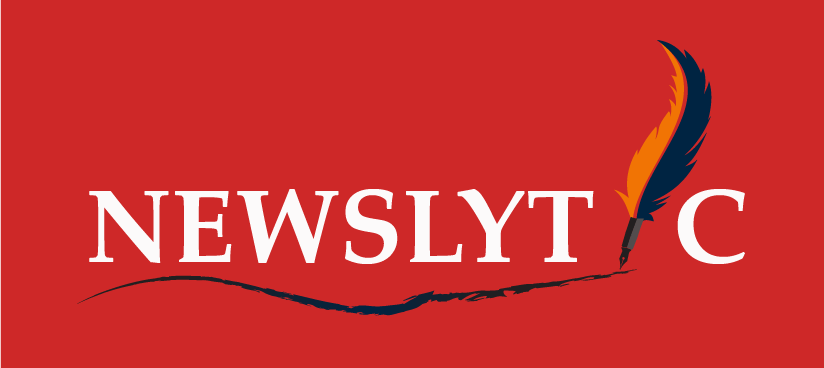Strengthening Parliamentary Security: Comprehensive Reforms Post-Breach

A Coordinated Assault Exposes Vulnerabilities
The recent orchestrated attack on the Parliament premises highlighted critical security loopholes, prompting swift and extensive security overhauls. As investigations into the incident continue, six individuals have been confirmed as participants in this meticulously planned breach. This comprehensive guide delves into the significant changes made to parliamentary security protocols following the breach.
1. The Pivotal Incident: A Breach on the 22nd Anniversary
On a fateful Wednesday during Zero Hour, two individuals, identified as Sagar Sharma and Manoranjan D, executed a daring leap into the Lok Sabha chamber from the visitors’ gallery. Yellow smoke bombs were set off, accompanied by anti-government slogans. Simultaneously, Amol Shinde and Neelam Azad replicated a similar act outside Parliament before being arrested. Notably, this incident occurred on the 22nd anniversary of the 2001 Parliament attack, a grim reminder of the threat to parliamentary security.
2. Suspension of Visitor Entry and Enhanced Enclosures
In response to the breach, one of the initial measures taken was the suspension of entry for visitors to Parliament. The Lok Sabha secretary general communicated this decision to the Ministry of Home Affairs (MHA), temporarily halting the issuance of visitor permits. Furthermore, to fortify security, the visitors’ gallery, the point of intrusion, will be encased in glass. Deliberations are ongoing to potentially keep the first row of the gallery unoccupied as an additional precautionary measure.
3. Rigorous Security Measures for Journalists and Staff
To bolster security, body scanning machines akin to those used at airports will be installed on the premises. This strategic move aims to prevent individuals from concealing prohibited items as they enter the Parliament complex. Certified journalists and staff members will face stringent security checks and must adhere to a designated entry point. These new protocols are designed to restrict the movement of personal assistants and staff within the complex, ensuring a more controlled and secure environment.

4. Augmented Security Personnel and Inquiry Panel Formation
Recognizing the need for a heightened security presence, discussions have taken place to increase the number of security personnel inside the House. Additionally, the Ministry of Home Affairs (MHA) has announced the establishment of an inquiry panel headed by Central Reserve Police Force (CRPF) Director-General Anish Dayal Singh. This panel is tasked with conducting a thorough investigation into the lapses that led to the security breach.
5. Administrative Actions: Eight Suspensions and Accountability Measures
In response to the security breach, the Lok Sabha Secretariat has taken administrative actions, suspending eight individuals responsible for lapses contributing to the incident. This swift move underscores the commitment to holding individuals accountable for their roles in compromising parliamentary security.
6. Legal Ramifications: Arrests, Charges, and Judicial Proceedings
Following the breach, four individuals involved were promptly arrested within the Parliament complex. Subsequently, a fifth suspect was apprehended, while a sixth remains at large. All accused individuals face charges under Sections 16 and 18 of the Unlawful Activities (Prevention) Act (UAPA) and Indian Penal Code (IPC) Sections 120B, 153, 186, 353, and 452. Legal proceedings saw four of them brought before the Patiala House Court, resulting in a seven-day police custody.
Safeguarding the Sanctity of Parliament
The aftermath of the security breach at Parliament has prompted comprehensive and swift reforms to fortify the sanctity of the legislative space. From enhanced physical barriers to rigorous security checks, these measures underscore a commitment to learning from the incident and implementing robust solutions. As investigations unfold, the focus remains on preventing future breaches and upholding the security and integrity of the nation’s parliamentary proceedings.
